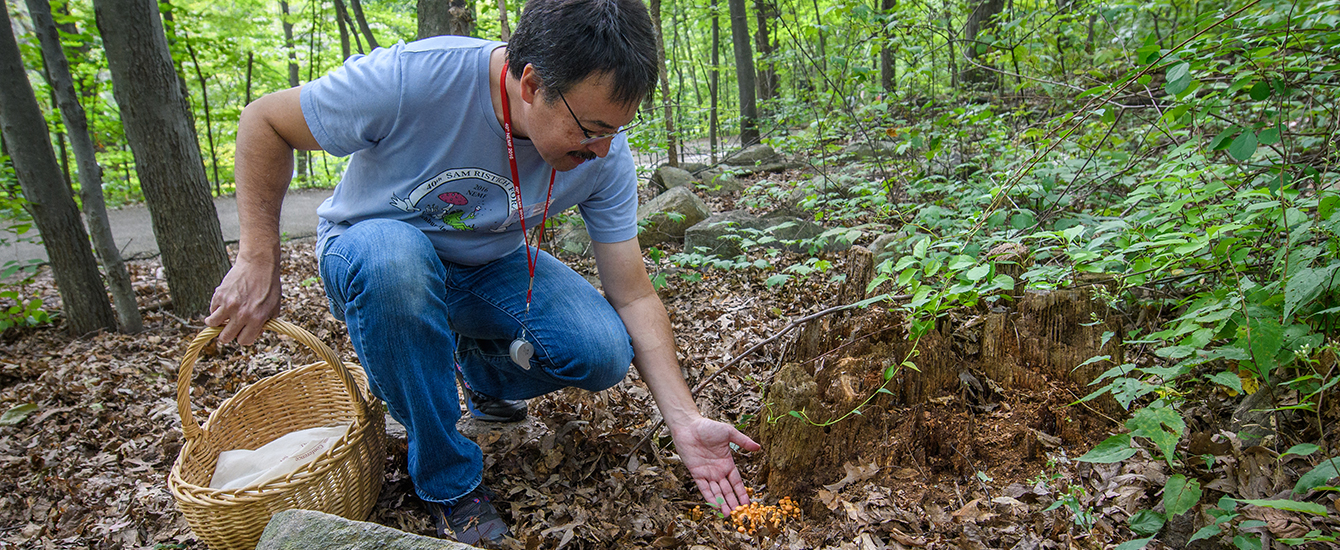Biology
Tail autotomy, tail size, and locomotor performance in lizards
Document Type
Article
Abstract
The effect of tail autotomy on locomotor performance has been studied in a number of lizard species. Most of these studies (65%) show that tail autotomy has a negative effect on sprint speed, some studies (26%) show no effect of autotomy on sprint speed, and a few (9%) show a positive effect of autotomy on sprint speed. A variety of hypotheses have been proposed to explain the variation across these studies, but none has been tested. We synthesize these data using meta-analysis and then test whether any of four variables explain the variation in how tail autotomy impacts sprint speed: (1) differences in methodology in previous studies, (2) phylogeny, (3) relative tail size, and (4) habitat use. We find little evidence that methodology or habitat use influences how sprint speed changes following tail autotomy. Although the sampling is phylogenetically sparse, phylogeny appears to play a role, with skinks and iguanids showing fairly consistent decreases in speeds after autotomy and with lacertids and geckos showing large variation in how autotomy impacts speed. After removing two outlying species with unusually large and long tails (Takydromus sp.), we find a positive relationship between relative tail size and sprint speed change after autotomy. Lizards with larger tails exhibit a greater change in speed after tail loss. This finding suggests that future studies of tail autotomy and locomotor performance might profitably incorporate variation in tail size and that speciesspecific responses to autotomy need to be considered. © 2013 by The University of Chicago. All rights reserved.
Publication Title
Physiological and Biochemical Zoology
Publication Date
11-1-2013
Volume
86
Issue
6
First Page
669
Last Page
679
ISSN
1522-2152
DOI
10.1086/673890
Keywords
lizards, ecosystem, phylogeny, tails, locomotion
Repository Citation
McElroy, Eric J. and Bergmann, Philip J., "Tail autotomy, tail size, and locomotor performance in lizards" (2013). Biology. 96.
https://commons.clarku.edu/faculty_biology/96



